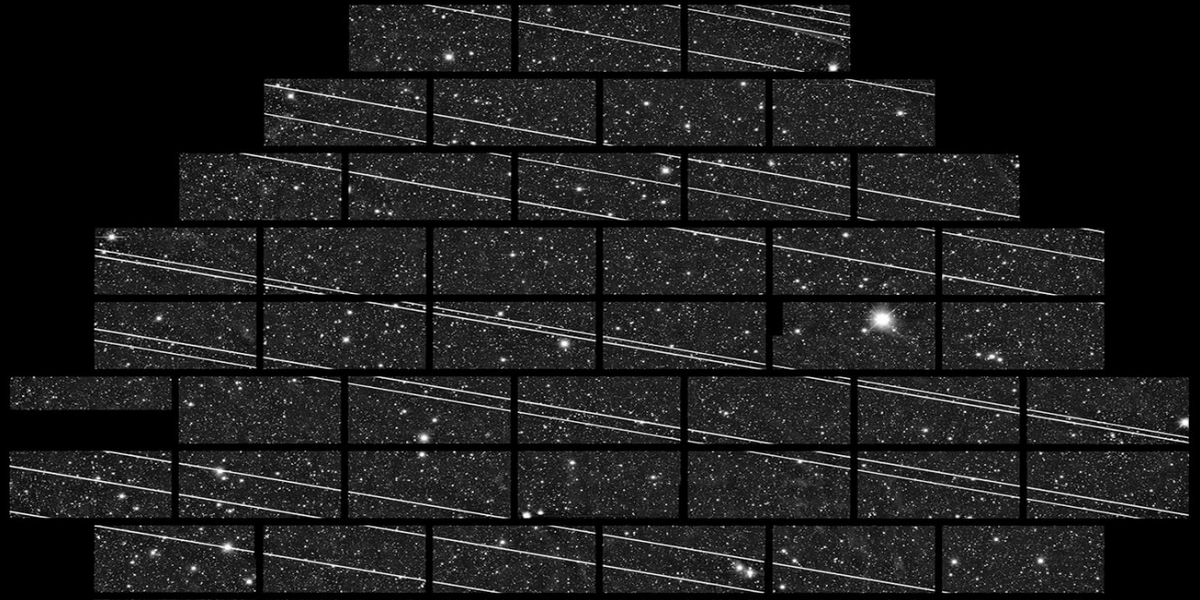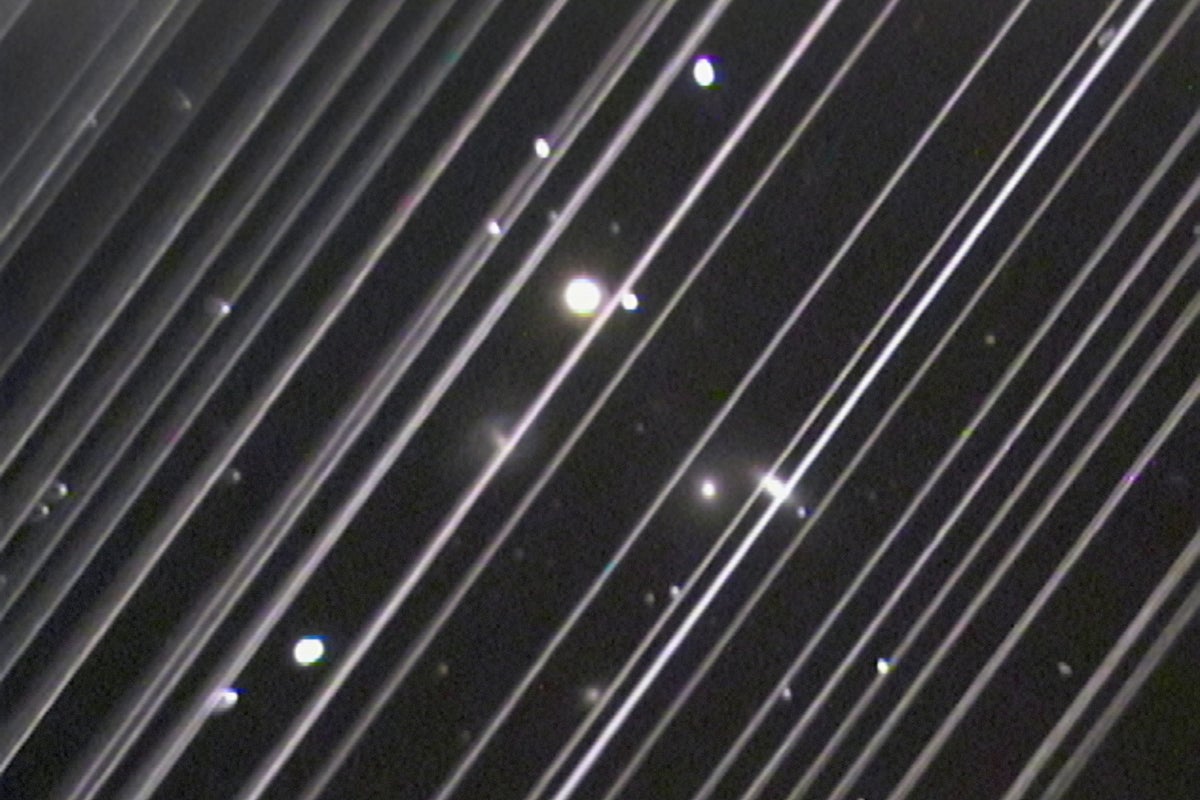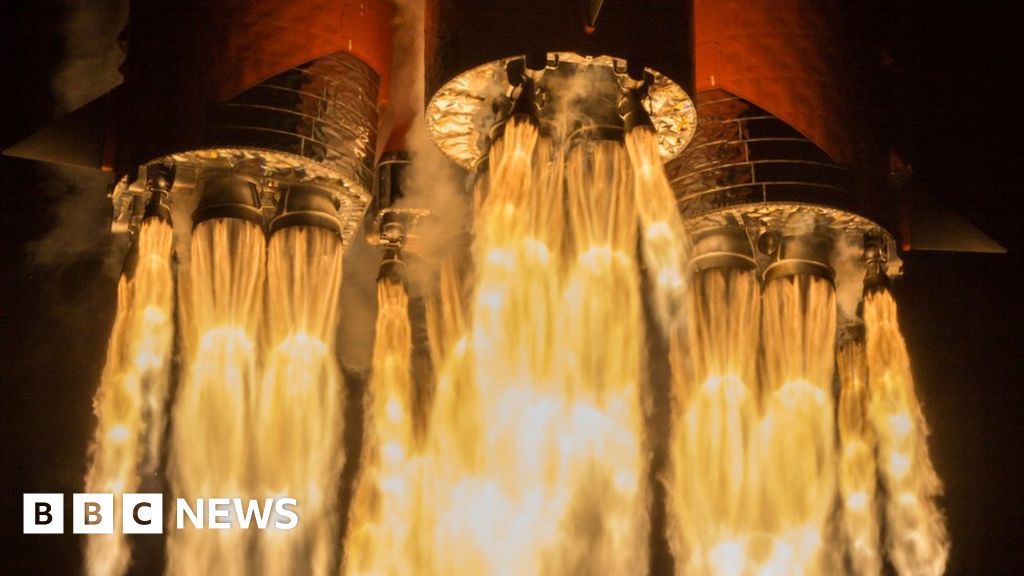A new paper to be published later this year in the
Vanderbilt Journal of Entertainment and Technology Law argues that the Federal Communications Commission—the agency responsible for licensing the operation of these constellations in the U.S.—should have considered the impact these satellites would have on the night sky. In ignoring a key piece of federal environmental legislation, the FCC could be sued in a court of law—and lose—potentially halting further launches of mega constellations until a proper review is carried out.
“Astronomers are having these issues [and think] there’s nothing they can do legally,” says the paper’s author Ramon Ryan, a second-year law student at Vanderbilt University. “[But] there is this law, the National Environmental Policy Act [NEPA, pronounced ‘Nee-pah’], which requires federal agencies to take a hard look at their actions. The FCC’s lack of review of these commercial satellite projects violates [NEPA], so in the most basic sense, it would be unlawful.”
Enacted in 1970, NEPA obligates all federal agencies to consider the environmental impacts of any projects they approve. Such impacts cover a variety of issues, from the effects of casino barges on rivers to any project’s contributions to climate change—the latter has been
a recent target of the Trump administration’s regulatory rollbacks. The reviews can take multiple years, producing anywhere from hundreds to thousands of pages of paperwork. Federal agencies can circumvent NEPA, however, if they are granted a “categorical exclusion” for some or all of their activities—usually by arguing that such activities do not impact the environment and thus do not require review. The FCC has had a sweeping categorical exclusion since 1986 across almost all of its activities—including its approval of space projects—despite other agencies involved in space—
most notably NASA—being required to conduct NEPA reviews.
“There are other agencies that use categorical exclusions, but I don’t think there is one that’s as broad as this,” says Kevin Bell, staff counsel at Public Employees for Environmental Responsibility (PEER), a nonprofit organization that works with government whistle-blowers on environmental issues. “It is a policy that was designed for another time, before large scale space exploration.”
In light of the concerns about the impacts of satellites on the night sky, Ryan says, this categorical exclusion would be unlikely to stand up in a court of law. SpaceX alone has been licensed by the FCC to launch 12,000 satellites in its Starlink constellation in the coming years, dwarfing the current number of approximately 1,500 active satellites in orbit—and the company has plans for
30,000 more. It has already launched about 180 Starlink satellites, with another 1,500 scheduled for 2020. Following the first launch of 60 satellites in May 2019, many observers were surprised by their brightness at dawn and dusk—popular times for both astronomy and simple stargazing. “That’s the time that most people enjoy the sky,” Hartley says. “These new satellites are brighter than 99 percent of [those] in orbit at the moment. And really, that’s the root of this concern.”



